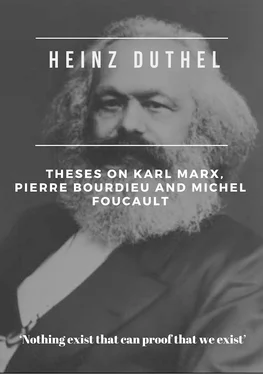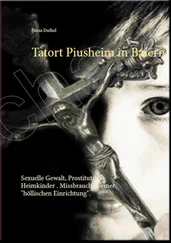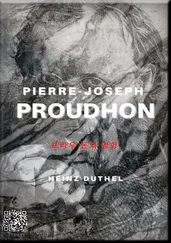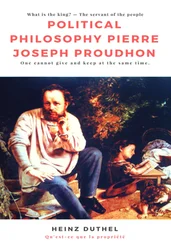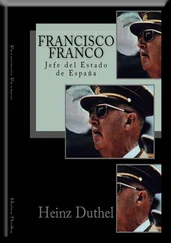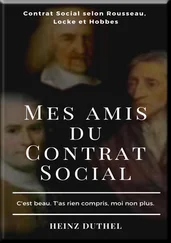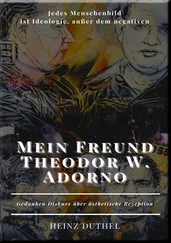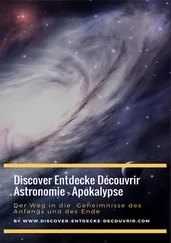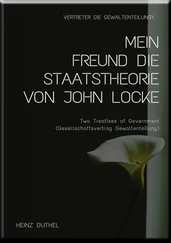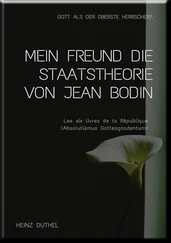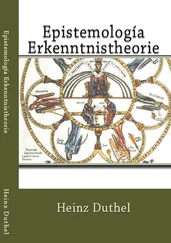4) That life is essentially social. That cognition is essentially a social act and therefore that material conditions exert a significant effect on us all. This is an approach that looks for connections between objective structures and human action;
5) That I am committed to social change;
6) That educational research should be critical and emancipatory, through analysing power relations.
The central question for me is what governs the practices that are at work in mathematics teaching and learning which can be located empirically and theoretically into a social reproduction process. The word ‘Study’ possibly comes from Thesseus, the Greek hero who slayed the Minotaur and conquered the Amazons. Unlike Thesseus, I make no claim that this Study is heroic! But I can dream.
You can say I am a dreamer. But how can you be an educator without dreaming
(Ubiratan d’Ambrosio, Paolo Freire Memorial Lecture, MEAS1)
You may say I’m a dreamer but I’m not the only one. I hope some day you’ll join me, and the world will live as one.
(John Lennon, Imagine)
So this Study is part of my dream – I freely admit to being a dreamer. How can I be a socialist without being a dreamer? As a socialist, it behoves me to take sides. Yet as a researcher too, I have to take sides, since as Howard Becker tell us neutrality is imaginary.
For it to exist, one would have to assume, as some apparently do, that it is indeed possible to do research that is uncontaminated by personal and political sympathies. I propose to argue that it is not possible and, therefore that the question is not whether we should take sides, since we inevitably will, but rather whose side are we on?
[Becker, 1967 #622, p 239]
I hope to be on the side of the weak and dispossessed, a considerable responsibility that calls on a radical approach to understanding the classroom, and a commitment to be penetrating while unpatronising. David Silverman offers three possibilities to Howard Becker’s question by offering three ethical positions [Silverman, 1985 #623]
a) Scholar – where one assumes no set of ethical values can be applied to research
b) State Counselor – where research is intended for policy makers
c) Partisan – where one adopts a political position committed to political practice.
[Silverman, 1985 #623, pps 179- 197]
Clearly, I locate myself in the final position, which does not suffer from an illusion that the world may be held at arm’s length. It is one in which I am not an agent of the state and where I want “to provide the theoretical and factual resources for political struggle” [Silverman, 1985 #623, p 184]. Karl Marx himself had used traditional research techniques to ask questions, the answering of which generated further critical questions in the minds of workers he surveyed showing methods can become “a didactic and political instrument” [Marx cited by \Silverman, 1985 #623, p 195] for social change. Taking sides then does not imply bias or distortion, but a commitment to ‘tell it how I see it’, identify our intentions and stand up for what we believe.
We take sides as our personal and political commitments dictate, use our theoretical and technical resources to avoid the distortions they might introduce into our work, limit our conclusions carefully, recognise the hierarchy of credibility for what it is and field as best we can the accusations and doubts that will surely be our fate.
[Becker, 1967 #622, p 247]
One reason for studying social practices is that of seeking emancipation - to help participants see the meaning and form of their own oppression and domination - and illuminate potential ways of overcoming them. Pierre Bourdieu’s approach is one that seeks to establish ways in which the social world is constructed, and how social structure is formulated and maintained. However, there is no point outside the system where a researcher can stand to be objective, neutral or disinterested. My reasons for pursuing this research is not disinterest, but of passionate interest and a desire for change. My work therefore will not attempt to be neutral, descriptive, illuminative. Rather I wish to offer a critical perspective. I therefore subscribe to the same point of view as that stated by Henry Giroux:
Are schools to uncritically serve and reproduce the existing society or challenge the social order to develop and advance its democratic imperatives. Obviously I opt for the second.
[Giroux, 1992 #178, p 18]
I too opt for the second, and in so doing try to reject a position of ‘uncriticallity’ and too little ‘challenge’.
1.2.5 The paradigmatic context
So, where do I locate this research? Well the detail will emerge in the unfolding of the Study, but I need to locate my basic, fundamental position, the paradigm in which I am working. Here I am taking ‘paradigm’ to refer to the basic set of beliefs and assumptions which guide my decisions, my actions and my interpretations. A paradigm has three elements of foci: ontology, epistemology and methodology [Denzin, 1998 #697, p 185 - 186] which are each defined by basic beliefs [Guba, 1998 #713, pps 200 – 201].
• Ontology is about the nature of reality and what can we know about it. Here I take a historical realist position by which I see reality being shaped over time by social, political, cultural and other factors, which crystalise or become reified into social structures. I discuss this in more detail in Chapter 2.
• Epistemology is about how we come to know the world, the relationship between the knower and the known. My position here is that this is transactional and subjectivist. The knowledge we hold or build of the world is based upon our interactions and our relationships to other individuals and to the dominant forces in society. This means that I am closely and interactively linked to the people I research. To some extent this position challenges the distinction between ontology and epistemology, in that what can be known derives from the interaction between me and the particular teachers and school I research. I discuss his more fully in Chapter 3 and it is influential in Chapters 4 and 5.
• Methodology is about how we gain knowledge of the world. My position here is both dialogic and dialectical. Because I see knowledge as created transactionally, my methodology needs to be based upon a setting up a dialogue with the teachers. To explore and exchange meanings, assumptions and positions. It is dialectical because this dialogue needs to uncover and potentially transform culturally and socially situated norms. I discuss this in more detail in Chapters 5 and 6.
This profile locates my work in a Critical Theory paradigm [Guba, 1998 #713, pps 205 – 205].
The work in this Study has been nurtured for years, but it took off with a concerted period of theoretical searching. I needed to go deeper into social theory and sociology. This was followed by decisions about the data that I would need to collect, how and where I would collect it and how it was to be analysed. This pushed me into clarifying my stance on ontology, epistemology and methodology. My choice of setting is fully detailed in Chapter 6, but I decided I wanted to choose a school that was not on the margins. It is difficult to describe such a school – ‘typical’, ‘ordinary’, ‘average’ all seen oversimplified; in my case, typicality comes through a lack of extremes.
My interest had developed into the link between human agency and social structure and in order to explore this I wanted to get to know the teachers well, to become familiar with their work, professional desires as well as their diversity. My work as a teacher educator takes me into many schools, working alongside teachers in training. It made sense therefore to identify a school where I was familiar with the people and the set up. It was at this point something fortuitous happened. A colleague, who had been a Head of Mathematics, resigned to take up a promoted post. In addition the Headteacher, who had been in post for some 25 years, also resigned. Furthermore, the school was about to be subjected to a full inspection by the Government’s Office for Standards in Education (OfSTED). I decided to approach the school to undertake my data collection and field study there. Both the (old) Head of Mathematics and the (new) Head of Mathematics agreed.
Читать дальше
